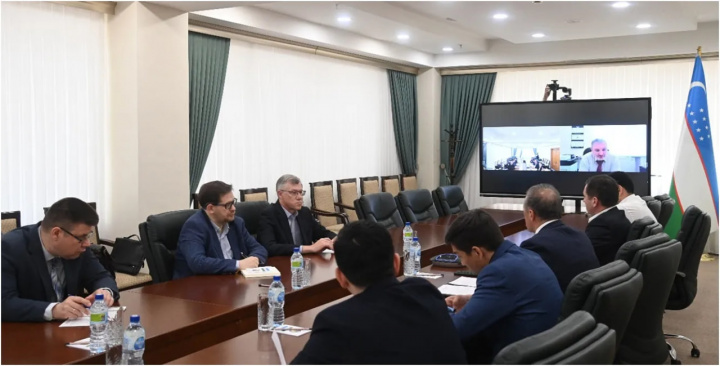A dozen of Russian regions ban migrants from working in certain fields
Restrictions are already in effect in Novosibirsk, Samara, Tula, Magadan, Chelyabinsk, Kaluga, Tyumen, Amur regions, as well as the annexed Crimea and other regions.

Photo: Artem Kilkin
On April 15, in the Novosibirsk Oblast, a ban was introduced for migrants to work in 35 areas of economic activity. On this day, the annexed Crimea banned foreigners from working on the basis of patents in 35 types of activities for 6 months, Asia-Plus reported.
For example, migrants cannot engage in educational activities, food production, fishing and wholesale trade.
In March, migrant workers were banned from working in public transport and taxis in the Voronezh Oblast.
Starting this year, a ban on migrants was introduced in the taxi and public catering sector in the Tula Oblast.
Also, employers in the Amur Oblast were prohibited from hiring migrants on the basis of patents in 27 areas of business: trade (wholesale and retail); transportation of citizens by taxi and bus; production of beverages, baby food, tobacco; mining of precious metal ores and sands; farming and animal husbandry.
Employers in the region must adapt their employees to the new standards within 3 months. Otherwise, they are threatened with administrative responsibility.
In 2022, the ban for migrants to work in various fields was introduced by Kaluga Region, Khanty-Mansiysk Autonomous District, Tyumen and Kaliningrad Regions.
In these areas, migrants are prohibited from driving taxis and other public transport, producing baby food, working in the education sector, selling alcohol, tobacco and food products. Foodstuff delivery and healthcare works are also restricted.
In some regions of Russia, large fines have been introduced for attracting migrants to prohibited professions. In particular, legal entities may be fined up to one million rubles, officials up to 50,000 rubles, and individuals who hired a migrant can be fined from 2,000 to 4,000 rubles.
Related News

15:08 / 25.04.2025
BioVitrum plans to establish a scientific and industrial complex in Tashkent

15:43 / 24.04.2025
Russia’s Lavrov intervenes in Central Asia–EU ties, criticizes Western engagement while defending Moscow’s influence

12:45 / 24.04.2025
Gas-rich Uzbekistan may increase Russian gas imports via Kazakhstan

13:10 / 21.04.2025



